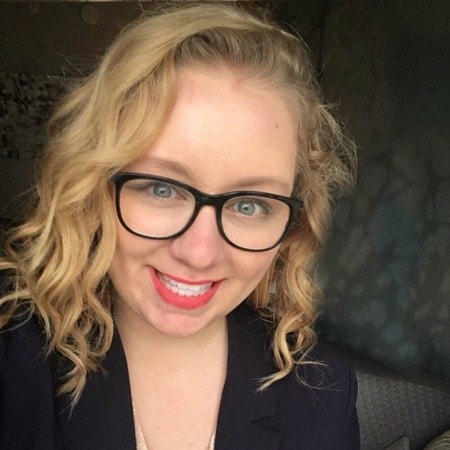|
By Tara Watkins, LICSW
Many of us would like nothing more than to relax in the great outdoors by ourselves or with loved ones this time of year-soaking up the warmth and sunshine of the summer days. However, all too often we may find ourselves putting this enjoyment on the back burner to prioritize other responsibilities. Perhaps our kids have an extracurricular activity we must bring them to, or our parents need a little extra help, work asks us to put in over-time again, and let’s not forget that lengthy lists of “things to do” around the house. With all that each day brings (and I’m sure each of us can think of many other tasks that I have not written here) it may seem all too easy to de-prioritize taking time for ourselves. A recent study found that many parents and caregivers work an average of 98 hours per week, surviving with an average of only 17 minutes of free time each day. (Sadly, I bet for some readers this is even on the low side for work hours.) How many times do we find ourselves shaving off hours of sleep, skipping meals, exercise or other activities that promote personal wellness only to find ourselves more lethargic, less clear thinking, and/or developing mood changes such as becoming more irritable or depressed. Simply put, we cannot be there fully for our jobs or loved ones if we do not also take time to be there more fully for ourselves. To live well requires learning to balance the scale. When the scale is weighed more towards giving to others than nurturing and restoring ourselves symptoms of burnout begin to surface. When we have reached a state of emotional, mental and physical exhaustion (often caused by prolonged stress) burnout has occurred. Burnout involves feeling overwhelmed and/or emotionally drained to the extent that our ability to function on day to day basis is impacted. However, burnout doesn’t happen overnight. It is more of a gradual process. Taking time for a little TLC, or self-care is vital to a healthy life and preventing burnout. It is not uncommon to feel a little awkward or guilty when we begin to practice better self-care. However, learning to provide more care for ourselves does not mean we are selfish or self-centered. Quite the opposite! Taking time to nurture ourselves deepens our ability to care for others. It also helps us to recharge and be more present with those around us both in our professional and personal lives. Over the course of our lives we experience periods of calmness when everything seems to be going well and crisis seems at a low. However, we may also experience times when we feel bombarded with multiple emotionally charged events or difficult decisions all at once. If we have not been practicing self-care during the periods of calm these periods of intense tension or stress are liable to have more negative impacts on our lives and health. Self-care simply put Is doing something we find meaningful that helps recharge us body, mind and spirit. True self-care includes caring for the whole person. Below are just a few self-care tips to get you started.
The list of options goes on and on. Practicing self-care nurtures and supports our whole being allowing us to return to that “list of things to do” with renewed energy, focus and alertness. Wishing everyone a summer full of activities that engage and rejuvenate you- body, mind and spirit! (If you think you might be on the road to burnout and/or are struggling with how to make self-care more of a reality in your life the Kesher social worker at your temple is available to help. This free supportive service is available to all congregants and their families.) References: Front. Psychol., 09 February 2017 | https://doi.org/10.3389/fpsyg.2017.00163 https://www.statista.com/topics/2099/stress-and-burnout/ www.psychologytoday.com/us/blog/high-octane-women/201311/the-tell-tale-signs-burnout-do-you-have-them ______________ Tara Watkins, LICSW, is the Kesher social worker at Temple Emanu-El. Kesher is the congregational outreach program of Jewish Family Service of Rhode Island, funded by the Jewish Alliance of Greater Rhode Island and private donors. The Kesher program is currently active at Congregation Agudas Achim, Temple Torat Yisrael, Temple Sinai, Temple Emanu-El, and Congregation Beth Sholom. Tara may be reached at [email protected] or 401-527-7772. |
Samantha ClarkSamantha Clark is part of the Kesher Worker team at Temple Sinai. Kesher is the congregational outreach program of Jewish Collaborative Services of Rhode Island, funded by the Jewish Alliance of Greater Rhode Island and private donors. Katie can be reached at 401.415.8213 or by emailing Archives
April 2021
Categories |

Affiliated with the Union for Reform Judaism
30 Hagen Avenue • Cranston, RI 02920 • 401-942-8350 Office: dottie@templesinairi.org Rabbi Jeffrey Goldwasser: [email protected] |
Want to sign up for the weekly Sinai Scroll email?
Click here to receive weekly updates on Temple services, events and a message from the Rabbi. |


 RSS Feed
RSS Feed

